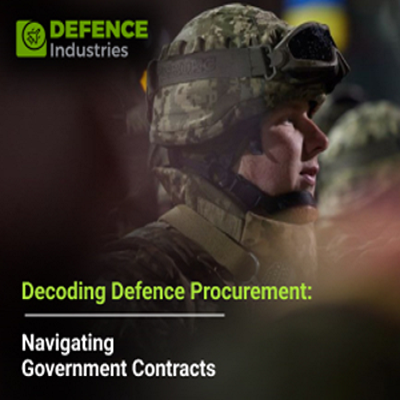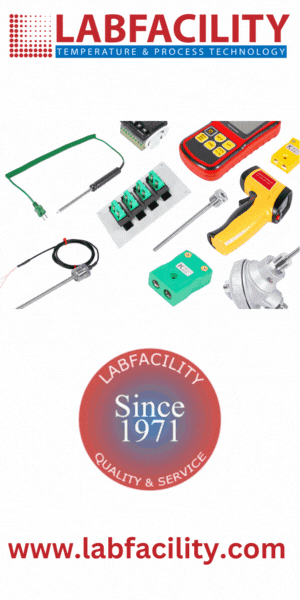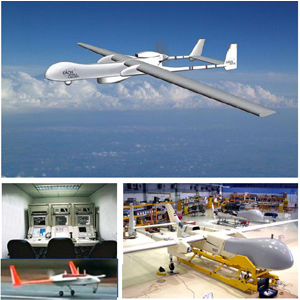Decoding Defence Procurement: Navigating Government Contracts 25 June 2024

Introduction
Defence procurement plays a vital role in safeguarding national security. The acquisition of military equipment, technology, and services operates within complex regulations and contractual structures. Navigating these government contracts demands a profound grasp of the intricacies at play. This article seeks to unravel the complexities of defence procurement strategies, offering insights into crucial principles and considerations for effective manoeuvring.
Understanding the Landscape
The world of defence procurement is a multifaceted arena where government entities collaborate with private contractors to acquire everything from weapons and technology to logistical support and maintenance services. In most countries, the defence procurement process is tightly regulated, ensuring transparency, fairness, and accountability. Various agencies and departments oversee this process, with specific guidelines and protocols to prevent corruption and ensure that the best products and services are acquired for national security.
| Also Read: Aerospace Defence: Advancements in Aircraft and Missiles |
Key Principles of Defence Procurement Strategies
1. Transparency and Accountability
Transparency is the cornerstone of an effective defence procurement strategy. It ensures that the process remains fair and competitive, allowing all qualified contractors to participate and present their offerings. Open communication and clear documentation of all transactions are essential to build trust between the government and the private sector. Accountability, on the other hand, is vital to ensure that all parties involved are responsible for their actions and decisions during the procurement process.
2. Competitive Bidding
Encouraging competition through the bidding process is fundamental in driving innovation and cost-effectiveness. By inviting multiple qualified vendors to bid for a contract, the government can evaluate different proposals and select the one that best meets the specified requirements, be it in terms of quality, cost, or other relevant criteria. Competitive bidding helps prevent favoritism and promotes a level playing field for all potential suppliers.
3. Long-term Planning
Long-term strategic planning is critical in defence procurement. Given the complexities and time-consuming nature of acquiring and implementing defence systems, it's essential for governments to have a clear understanding of their long-term military and security needs. By forecasting potential threats and technology advancements, governments can develop comprehensive procurement plans that account for future requirements, technological developments, and budget constraints.
4. Upholding Regulatory Compliance
Ensuring adherence to regulations is pivotal in defence procurement. Governments must ensure rigorous compliance with legal frameworks, national and international standards, and ethical guidelines. Non-compliance can lead to significant consequences, such as legal penalties, contract termination, and harm to reputation. Compliance fosters consistency and uniformity across all defence procurement activities.
Navigating Government Contracts and Regulations
1. Understanding Government Contracting Processes
Before engaging in defence procurement, it is crucial to understand the government's contracting processes. Each government may have its own specific procedures, guidelines, and regulations governing the acquisition of defence equipment and services. These processes often involve several stages, including pre-solicitation, solicitation, evaluation, and award, followed by contract administration and closeout. Familiarizing oneself with these steps is essential to ensure smooth navigation through the government contracting landscape.
2. Identifying Key Regulatory Frameworks
To navigate the intricacies of defence procurement, contractors must identify and understand the key regulatory frameworks that govern the process. These frameworks may include national laws, international trade agreements, industry-specific standards, and ethical codes of conduct. Familiarizing oneself with these regulations is essential to ensure that all activities align with legal requirements and ethical standards, thereby mitigating the risks of non-compliance and associated penalties.
3. Building Strong Relationships with Government Entities
Establishing and maintaining strong relationships with government entities is instrumental in successful defence procurement. Building rapport and open lines of communication with key decision-makers and procurement officials can provide valuable insights into the government's priorities, challenges, and expectations. It also allows contractors to stay informed about upcoming opportunities and changes in procurement policies, enabling them to adapt their strategies accordingly.
4. Emphasizing Quality and Innovation
In the defence sector, quality and innovation are paramount. Contractors must focus on delivering high-quality products and services that meet or exceed the stringent requirements set by the government. Investing in research and development to foster innovation can give contractors a competitive edge, enabling them to offer cutting-edge solutions that address emerging security challenges and technological advancements.
5. Ensuring Ethical and Compliance Standards
Maintaining ethical and compliance standards is indispensable in defence procurement. Contractors must uphold the highest levels of integrity and transparency throughout the procurement process, adhering to ethical business practices and anti-corruption measures. Implementing robust internal controls and compliance programs can help mitigate the risks associated with bribery, fraud, and conflicts of interest, ensuring a fair and transparent procurement environment.
Overcoming Challenges and Ensuring Efficiency
1. Managing Budget Constraints
Budget constraints are a common challenge in defence procurement. Governments often face the dilemma of balancing the need for advanced military capabilities with limited financial resources. To overcome this challenge, careful prioritization of critical requirements and the allocation of funds to high-impact projects is necessary. Adopting cost-effective procurement practices, such as bulk buying or long-term contracts, can help optimize spending and achieve better value for money.
2. Mitigating Technological Risks
In the fast-evolving realm of defence technology, managing technological risks is of utmost importance. Contractors need to stay updated on technological advancements and possible vulnerabilities to guarantee the provision of secure and advanced solutions. Collaboration with research institutions, universities, and technology experts can yield valuable insights into emerging trends and aid in the development of strong risk management strategies, addressing potential technological challenges and uncertainties.
3. Ensuring Supply Chain Resilience
Maintaining a resilient and secure supply chain is crucial in defence procurement. Given the sensitive nature of military equipment and technology, disruptions in the supply chain can have severe implications for national security. Implementing supply chain risk management practices, such as diversification of suppliers, continuous monitoring, and contingency planning, can help mitigate the risks of supply chain disruptions, ensuring the uninterrupted availability of critical defence resources.
The Future of Defence Procurement
Looking ahead, the future of defence procurement is poised to witness significant advancements driven by digital transformation and the integration of advanced technologies. The adoption of artificial intelligence, data analytics, and automation is expected to streamline procurement processes, enhance decision-making capabilities, and improve operational efficiency. Furthermore, the increasing emphasis on sustainable and environmentally friendly solutions is likely to shape the procurement landscape, driving the demand for eco-friendly and energy-efficient defence systems and technologies.
Conclusion
In summary, effective navigation of government contracts and regulations in defence procurement demands a thorough comprehension of the terrain, dedication to ethical standards, and the capacity to surmount obstacles through strategic planning and inventive methodologies. By emphasizing transparency, accountability, compliance, and quality, stakeholders can establish a resilient and effective procurement framework that bolsters national security goals while fostering technological progress and ingenuity. With a proactive stance toward addressing challenges and embracing forthcoming trends, the defence procurement sector can acclimate to shifting global security dynamics, ensuring ongoing advancements in military capabilities and the protection of national interests within an increasingly intricate geopolitical context.








